On April 21, 2022, Samuel Petit, founder of GeoComix, has made a presentation of the AI tool his company has developed, and its potential use for making comics accessible. The webinar was open to EDRLab members only (you can also become member now, I’m sure) and it was a great opportunity to discuss fundamental requirements of accessible comics and potential cooperation between accessibility specialists and technical organizations in Europe and Canada. Here are some highlights:
GeoComix:
- GeoComix is first and foremost an AI which can analyze pages, extract panels, shapes in panels (for instance characters), bubbles, and – last but not least – text in bubble; even if the text is handwritten, in capitals or cursive.
- This AI is the result of 8 years of R&D between the ex-Actialuna team and a research team from La Rochelle University in the scope of a common laboratory.
- The output of the analysis of comics is a CBML document (CBML is an XML based format, an extension of TEI).
- It is for now implemented as a helper tool for comics translation, with an interactive studio were pages and extracted text are presented side by side, text being ready for manual translation.
- The service is now used in production, especially in France and in Spain.
- The team is open to cooperation with other organizations, for developing a tool focusing on the accessibility of comics, BD, manga and webtoon.
- Some organizations like Nota (Denmark), Bibliopresto (Canada) and Association Valentin Haüy (France) have already expressed their interest for accessible comics.
The legal pressure to make comics accessible:
- From 2025, the European Accessibility Act (EAA) will impose all ebooks to be accessible, with some exceptions. Among the exceptions are ebooks which require an excessive burden to be made accessible. Because there are currently no methods, tools or standard formats for accessible comics, comics will for now fall under the excessive burden exception.
- But when every technical node in the publishing chain is ready, and making accessible comics is not utterly costly, the exception will end.
Requirements for tooling adapted to accessible comics:
- Extract panels
- Extract shapes (e.g., characters, usually in panels, but not always)
- Extract bubbles
- Associate bubbles with characters
- Extract editable text from panels
- Extract an editable reading order for bubbles (with their associated character)
- Identify shapes (especially characters)
- Allow naming shapes (e.g., id 25 = Asterix)
- Allow manual &shape description
- Export in one or more standard formats.
Other requirements for making accessible comics a reality
- Create an extension of EPUB 3 supporting basic accessibility features for comics, e.g., an SVG layer behind each image.
- Create a packaging format supporting advanced features; could it be an evolution of the Divina format (incubated at EDRLab)?
- Develop reading systems for these formats.
- Develop interfaces between these reading systems and screen readers (Jaws, NVDA, VoiceOver).
Audiences
- Blind people come to mind immediately
- But Dyslexic people would really benefit from features like panel navigation, on-demand TTS and background processing (putting the text “ahead” of the image).
And now?
- GeoComix and EDRLab welcome cooperation and would like to attract a consortium around a national or EU project (Canada is also welcome).
- Association Valentin Haüy and LIA Fondazione, both represented during the webinar, are interested.
- We should go step by step; tackling modest goals first and iterate.
- Why not testing a Horizon 2020 call?
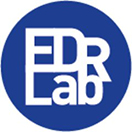

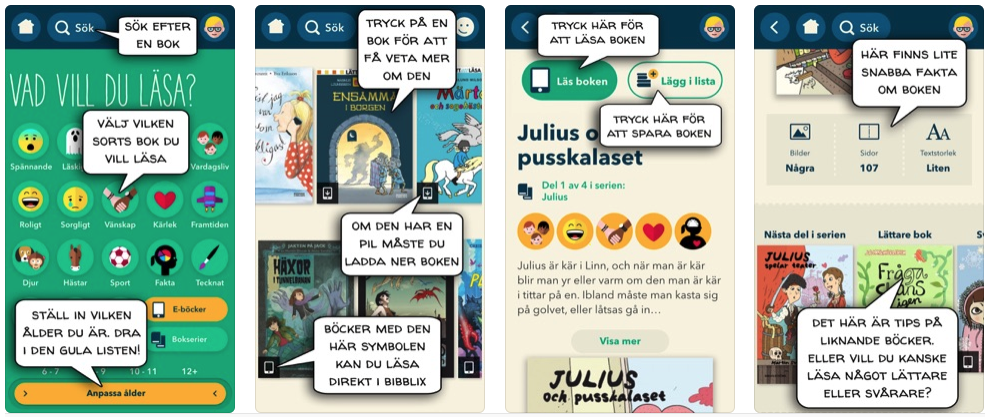

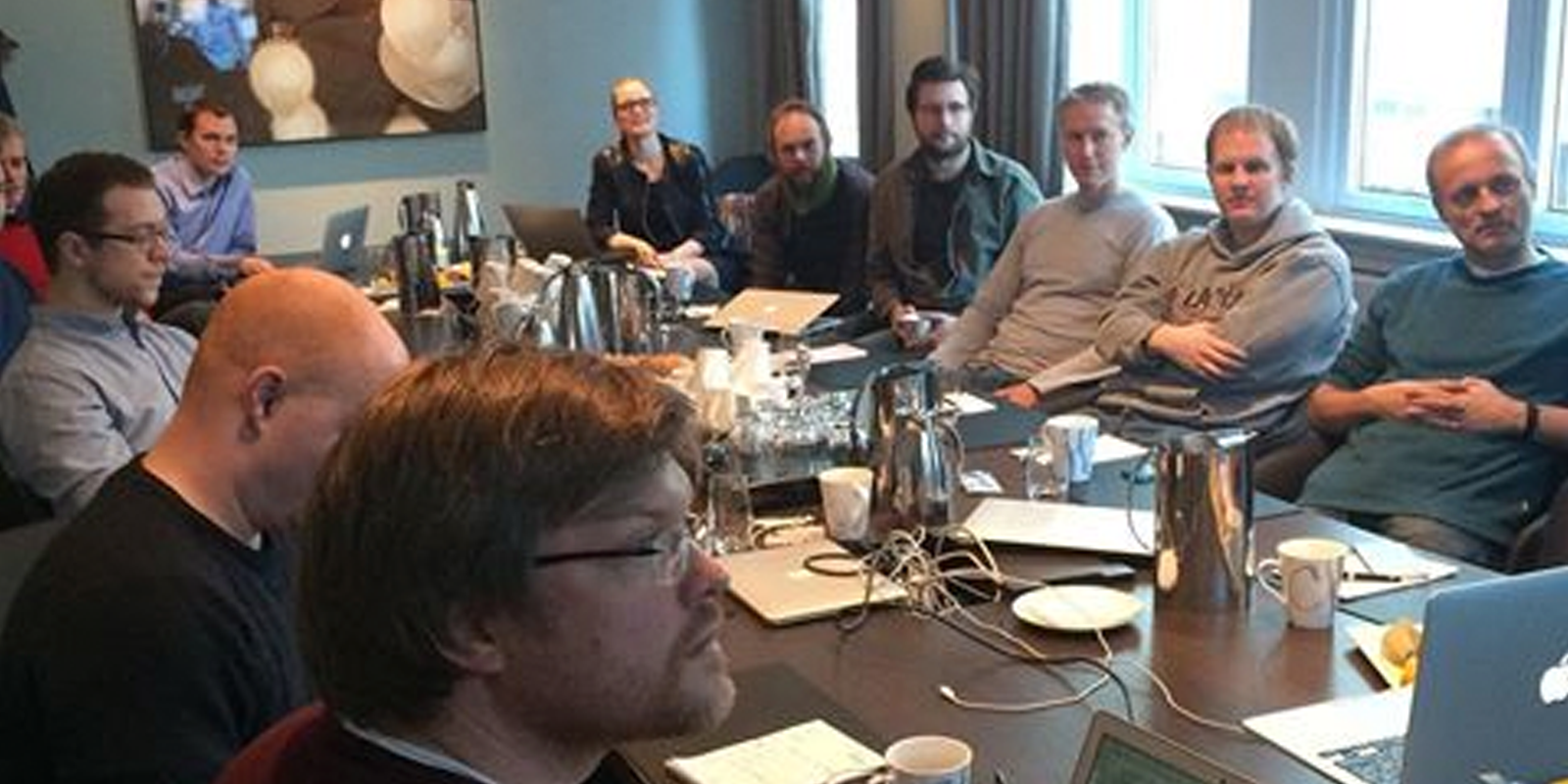

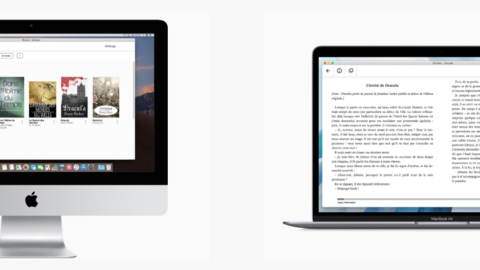

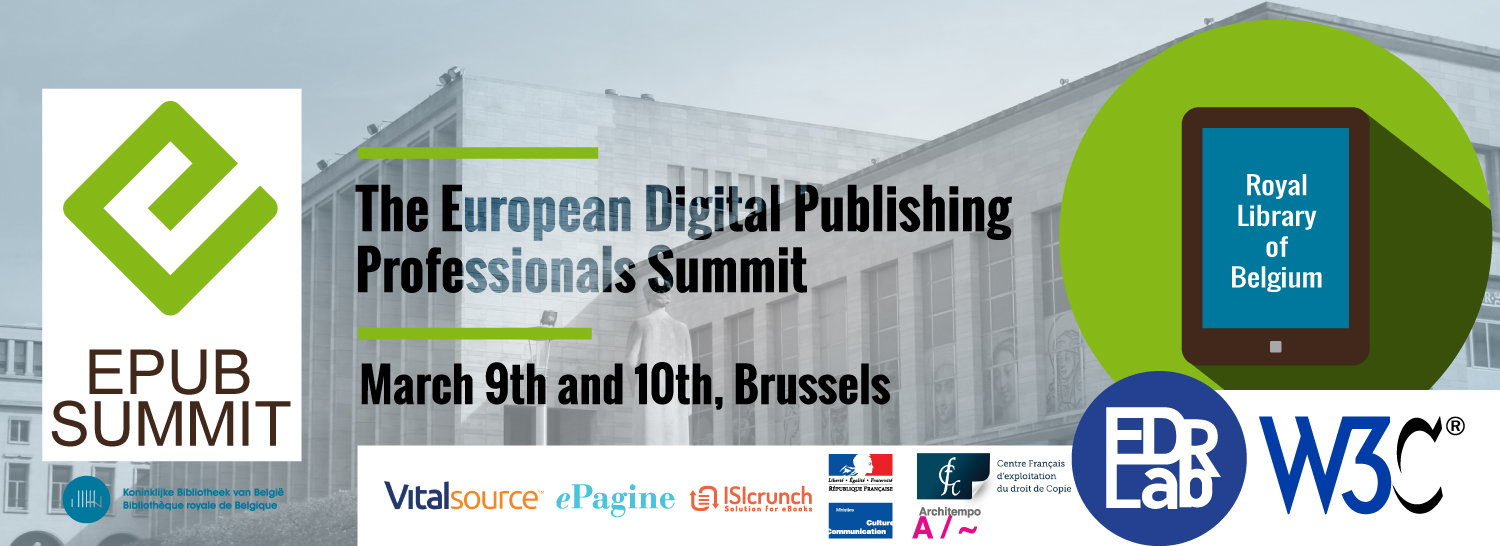





 contact@edrlab.org
contact@edrlab.org +33 1 83 64 41 34
+33 1 83 64 41 34
